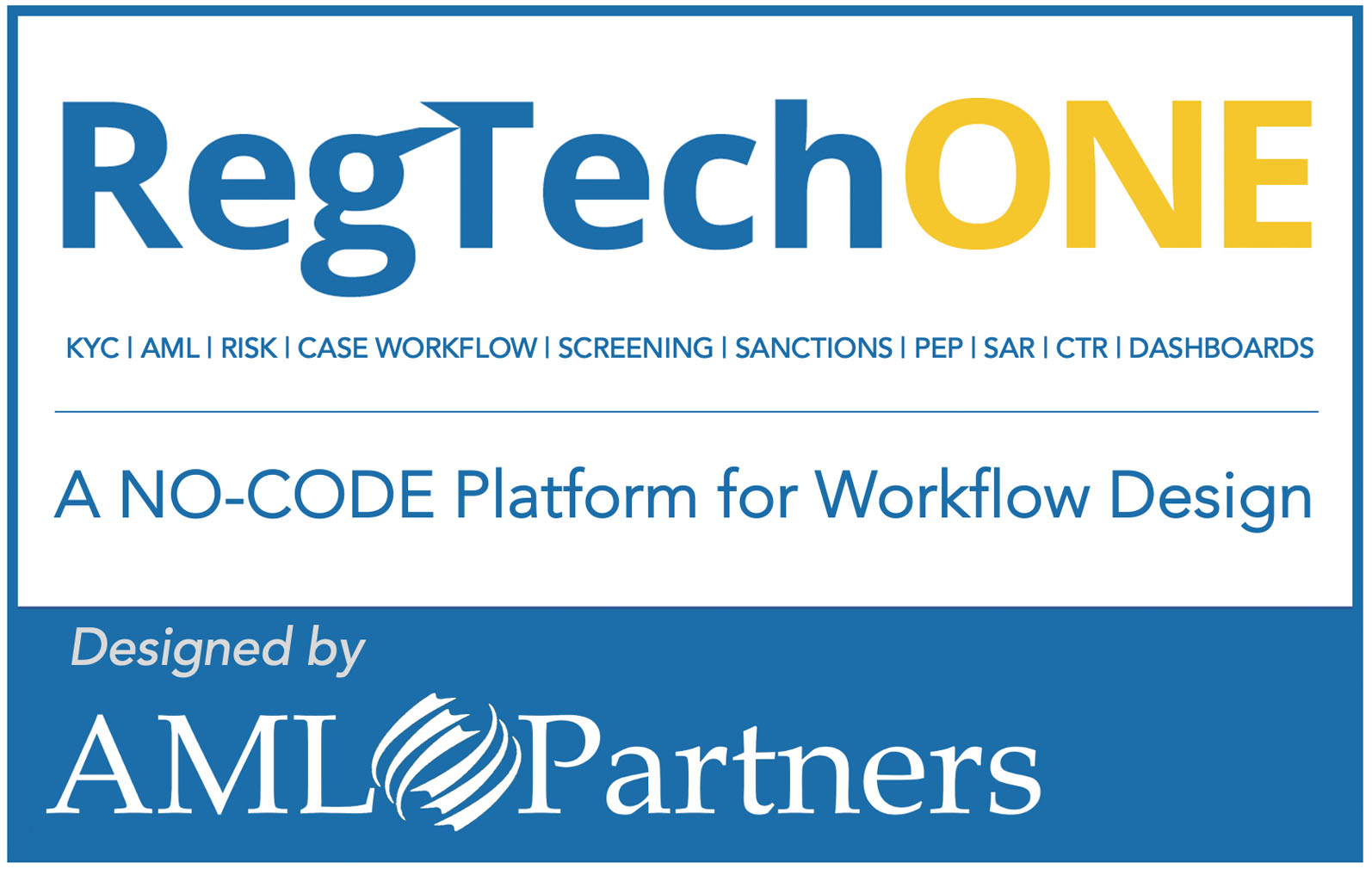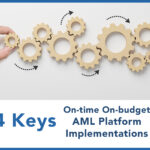
UBOs top to-do list; lawyers, accountants may be required adhere to AML reporting requirements
Swiss officials announced last week that they were proposing new requirements for anti-money laundering. Key areas include Ultimate Beneficial Owners (UBOs) and Know Your Customer due diligence.
Like many countries, Switzerland has grappled with gaps in its AML Compliance oversight. Areas of concern include high-dollar cash purchases, lack of transparency in UBOs, and risks related to trusts and holding companies.
Switzerland has worked to align its AML Compliance standards with the FATF global network. But it has also experienced international pressure to improve its approach to UBOs. Improving its identifying of UBOs and improving other KYC/CDD measures are priorities.
Transparency in UBOs a key element in improved AML/CFT
Ultimate Beneficial Owner (UBO) rules exist to identify and disclose the individuals who ultimately own or control a legal entity, such as a company or trust. Reporting rules for UBOs help prevent money laundering, corruption, and other illicit activities like sanctions evasion. UBO rules require entities to provide accurate information about their beneficial owners. This typically includes specifying a threshold ownership percentage. This helps ensure transparency and accountability in financial transactions.
As part of their efforts, Swiss government officials are exploring options to create a central registry to track Ultimate Beneficial Ownership. UBO registries have become more common as nations have worked to fight money laundering and financial crime. Maintaining as much privacy as possible for corporations and entities remains a concern while still leveraging UBO registries to fight financial crime and terror financing.
The Swiss proposals also include requiring certain lawyers, accountants, and business consultants to be subject to AML due diligence rules and reporting requirements. The proposal would affect those involved in creating trusts and holding companies or arranging real-estate deals. Each of these types of business pose high risk of money laundering.
The proposed AML Compliance requirements would also apply to large cash purchases of items like jewelry and also to real-estate transactions. All-cash purchases of high-value items and real estate have proven to be favorites of money launderers around the globe. Various nations have worked in recent years to close some of these gaps in AML Compliance regulations.
Swiss government officials expect to present final recommendations to the nation’s parliament next year.


